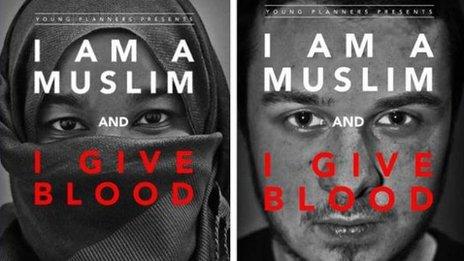Fatwa approves organ donation principle after Bristol man's efforts
- Published
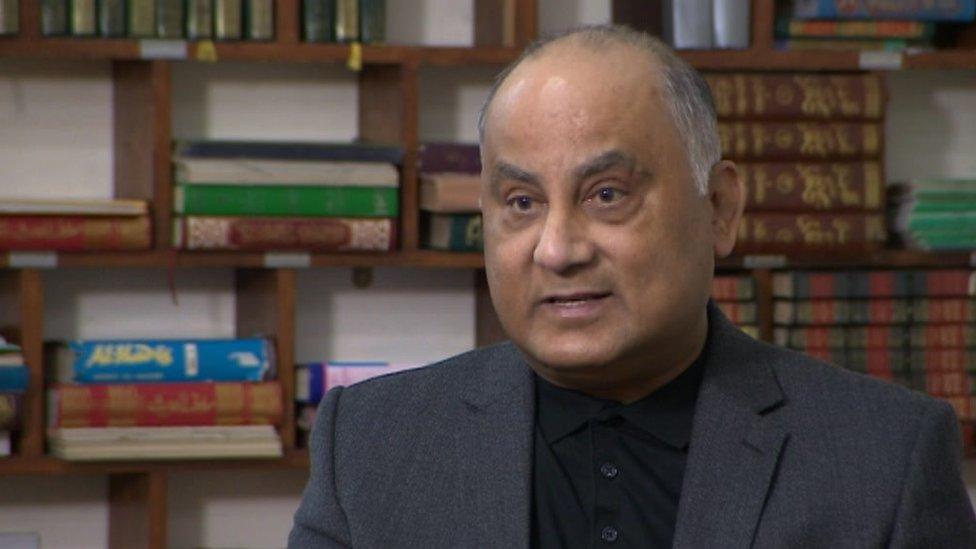
Amjid Ali waited 23 years for a new kidney
A man who had to wait for 23 years for a kidney transplant has won changes to Islamic guidance to allow organ donation in the UK.
Amjid Ali, from Bristol, began a campaign for the changes in 2013 and has been working for the NHS.
Muslims are allowed to accept transplants, but previously some had not felt able to donate themselves.
Mr Ali said: "It was something I wanted to give back, having been on dialysis and the waiting list for a long time."
But, the fatwa remains only as guidance rather than being a directive.
"Unfortunately, the one thing that has always been the key pinch point - not just for him, but other scholars around the globe - is donation after the diagnoses of death using neurological criteria," said Mr Ali.
"It's most commonly known as brain stem death, that time that the individual's life is being sustained through artificial means.
"In that particular area he says [Scholar Mufti Mohammed Zubair Butt], still has this degree of unease about confirming that he can definitively say at what point the soul departs the body. And because of that he's unable to say at this moment in time that brain stem death is covered under this religious edict."
Mr Ali said it meant the subject of donation was "up to the individual" to decide and the fatwa is "not a directive but guidance".
NHS figures show that 17% of people on the transplant waiting list are of Asian origin.
Life-saving operation
However, less than 2% of Asian people are on the organ donor register.
In September 2013, Mr Ali led a conference with 56 scholars, organisations, imams and chaplains about the issue, two years after his own life-saving operation.
"Many Muslims feel [organ donation] is not in line with their faith," said Mr Ali, who is the NHS lead on the Transplantation in Islam project.
"They needed an authoritative religious figure to be able to give them the satisfaction that they've researched the subject in such a way that covers all of the key points around the permissibility of organ donation."
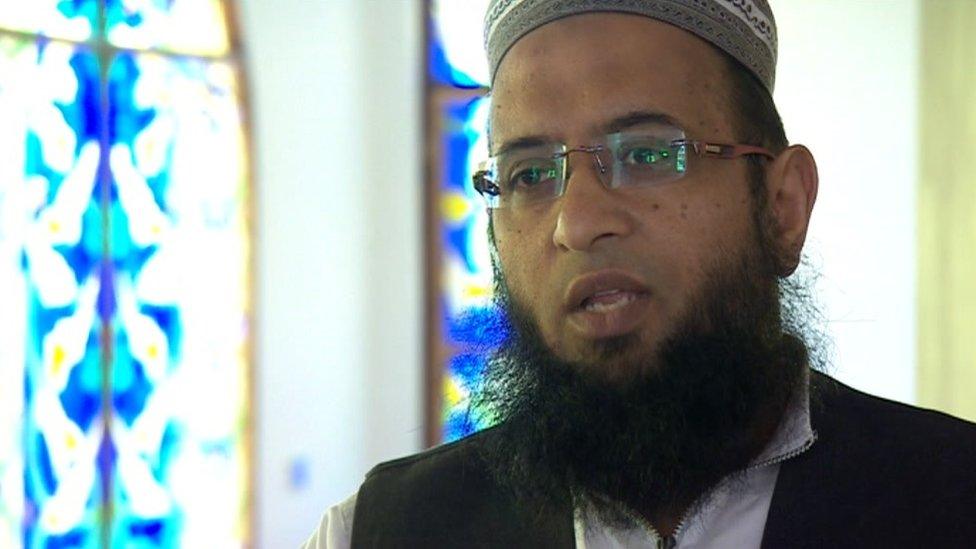
Mufti Mohammed Zubair Butt extensively researched the issue of organ donation
Two fatwas - or religious edicts - were issued in 1995 and 2000 but were aimed at Arab Muslims. Now another, for the Sunni community, has also been issued.
This new fatwa complements the previous fatwas and is aimed at British Muslims who are predominantly of south Asian background and heritage.
Scholar Mufti Mohammed Zubair Butt, who issued the fatwa, said he hoped the move would help to "serve as a catalyst" for change.
Correction 23 September 2021: This article has been amended to make clear that the principle of organ donation was approved only in guidance and we have also added quotes from Mr Ali to make clear the caveats of the fatwa.
Related topics
- Published17 June 2015
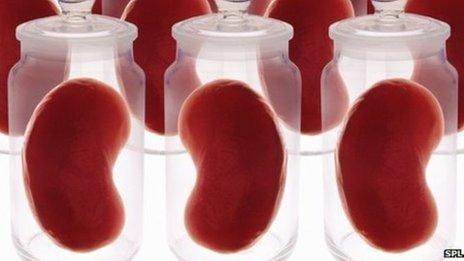
- Published11 January 2013
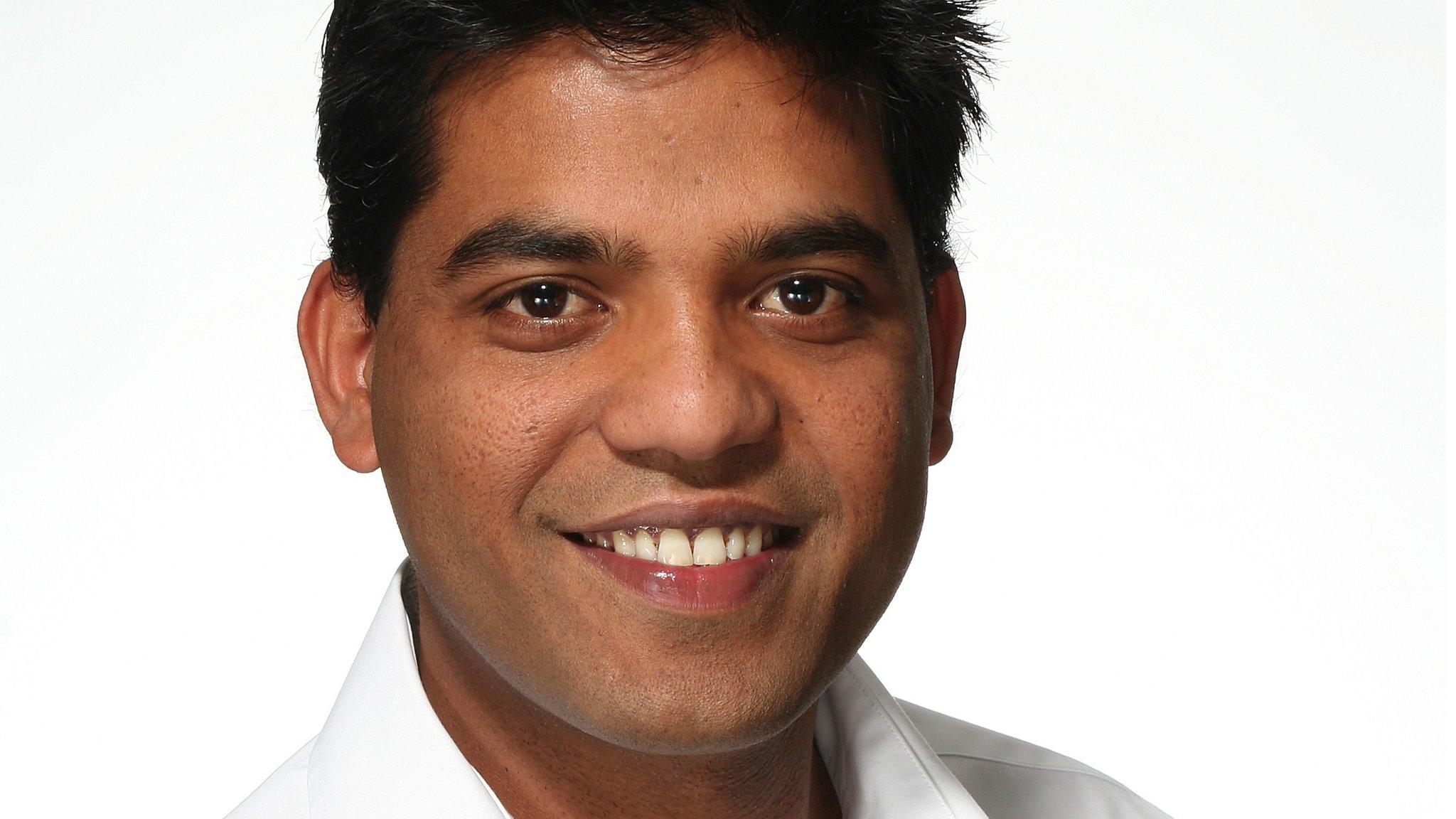
- Published14 June 2013
